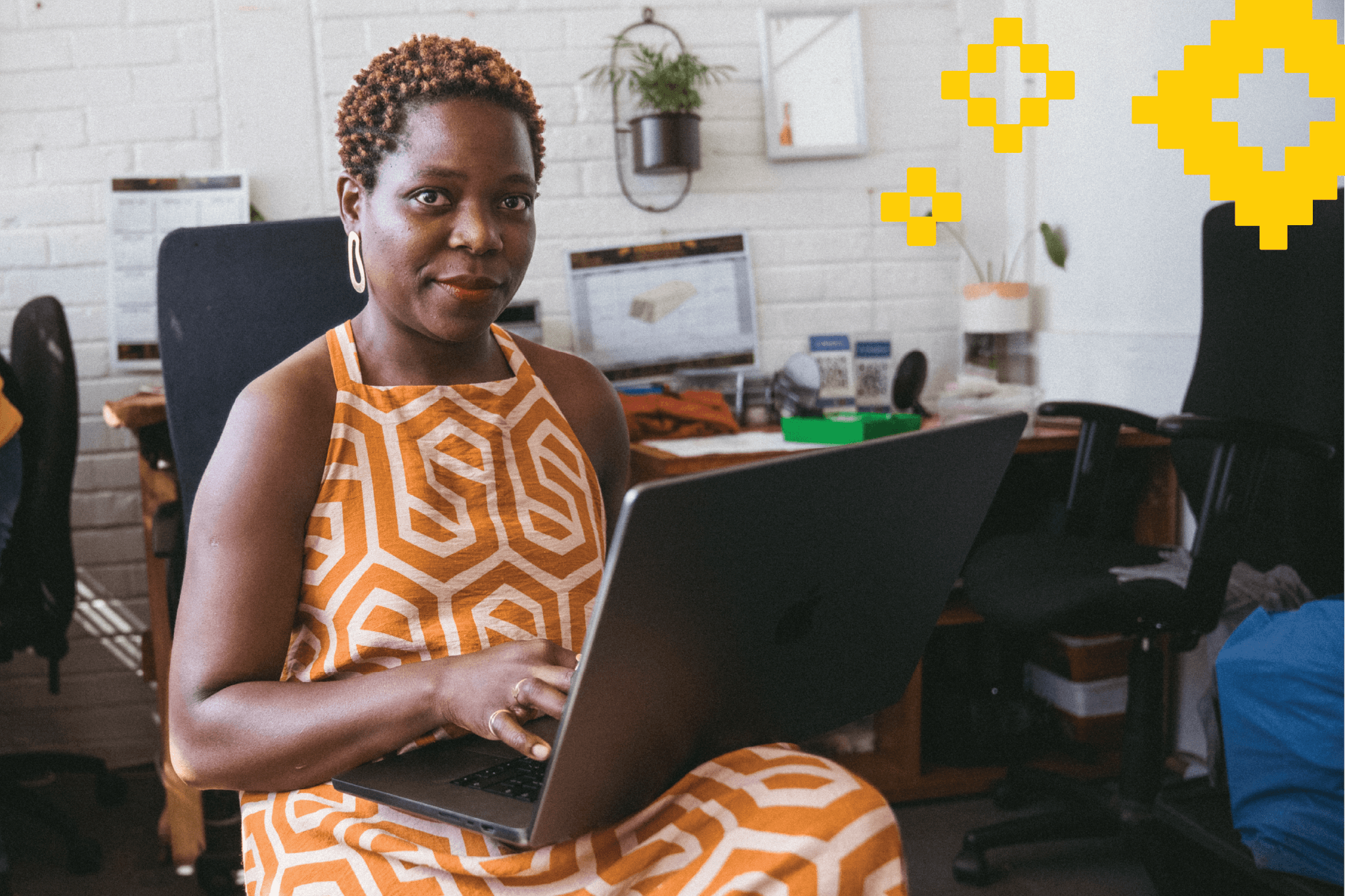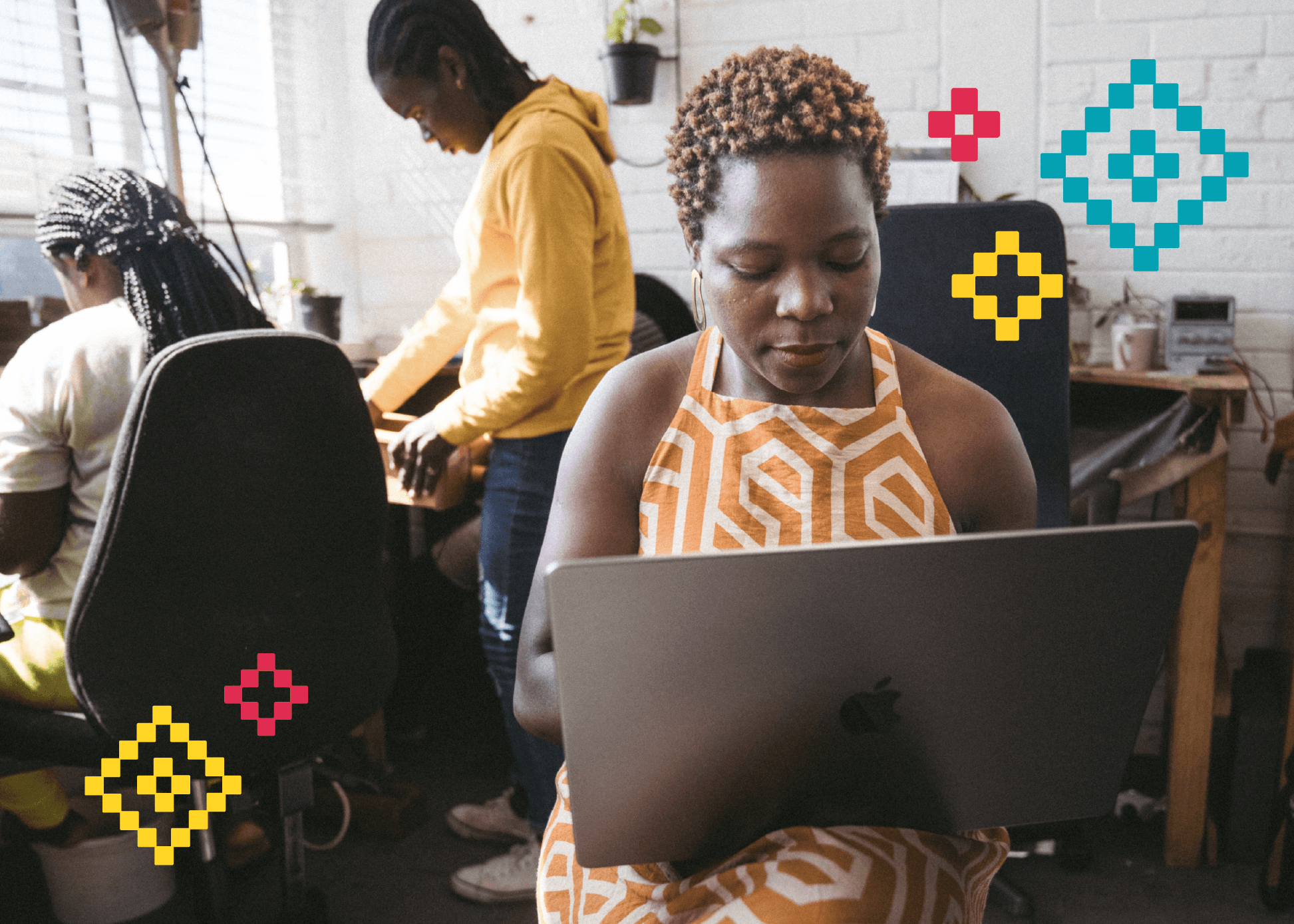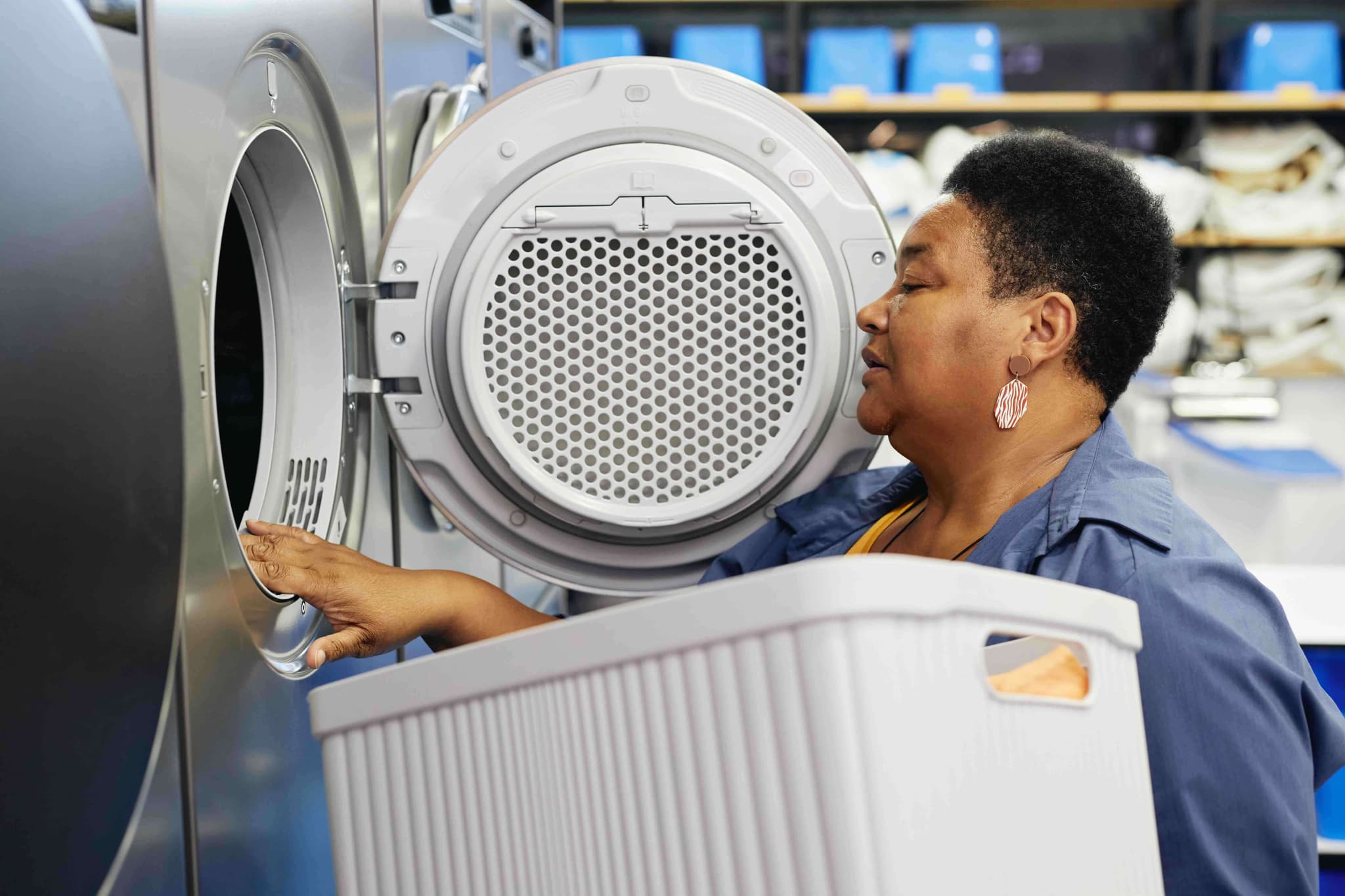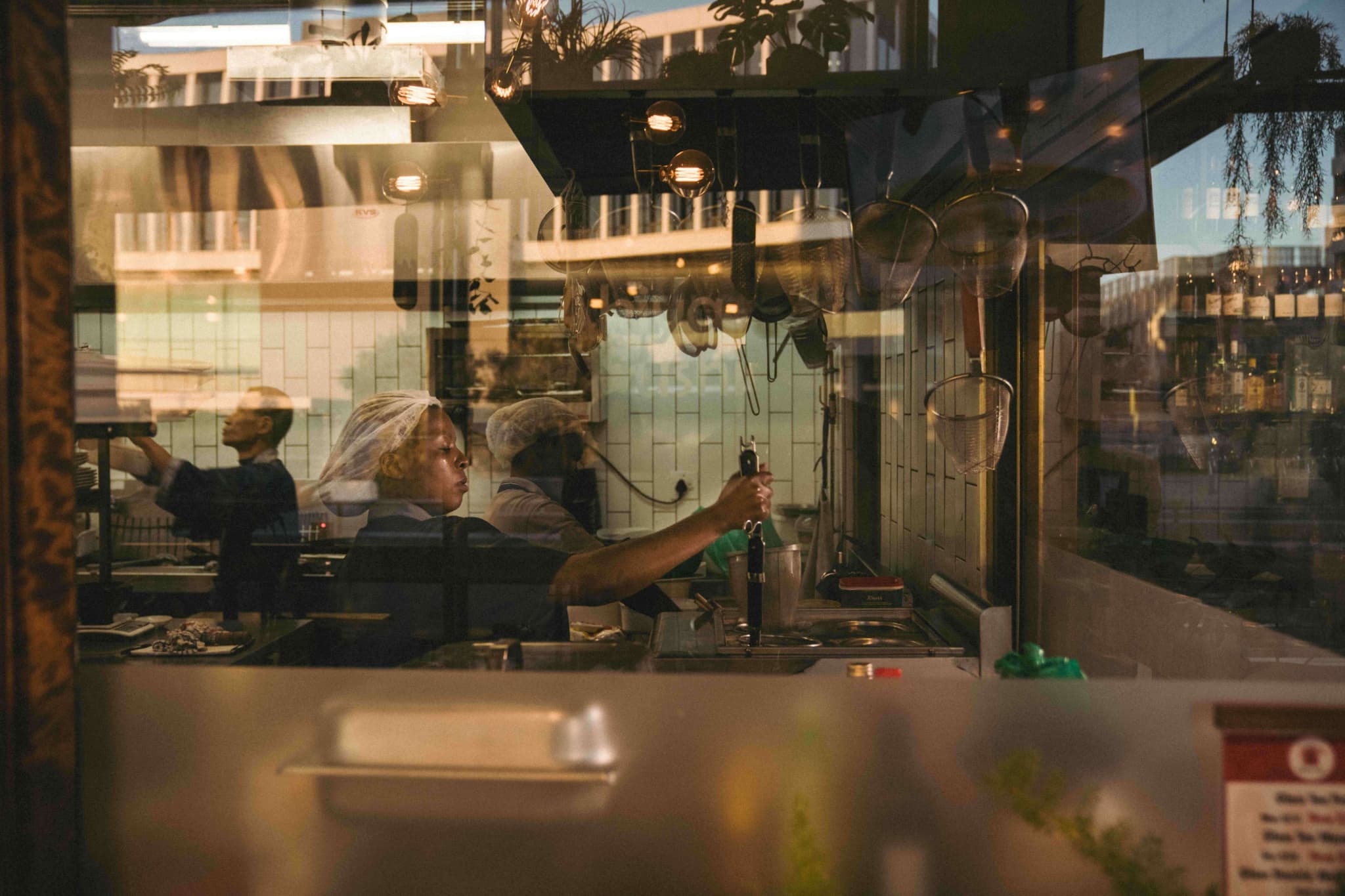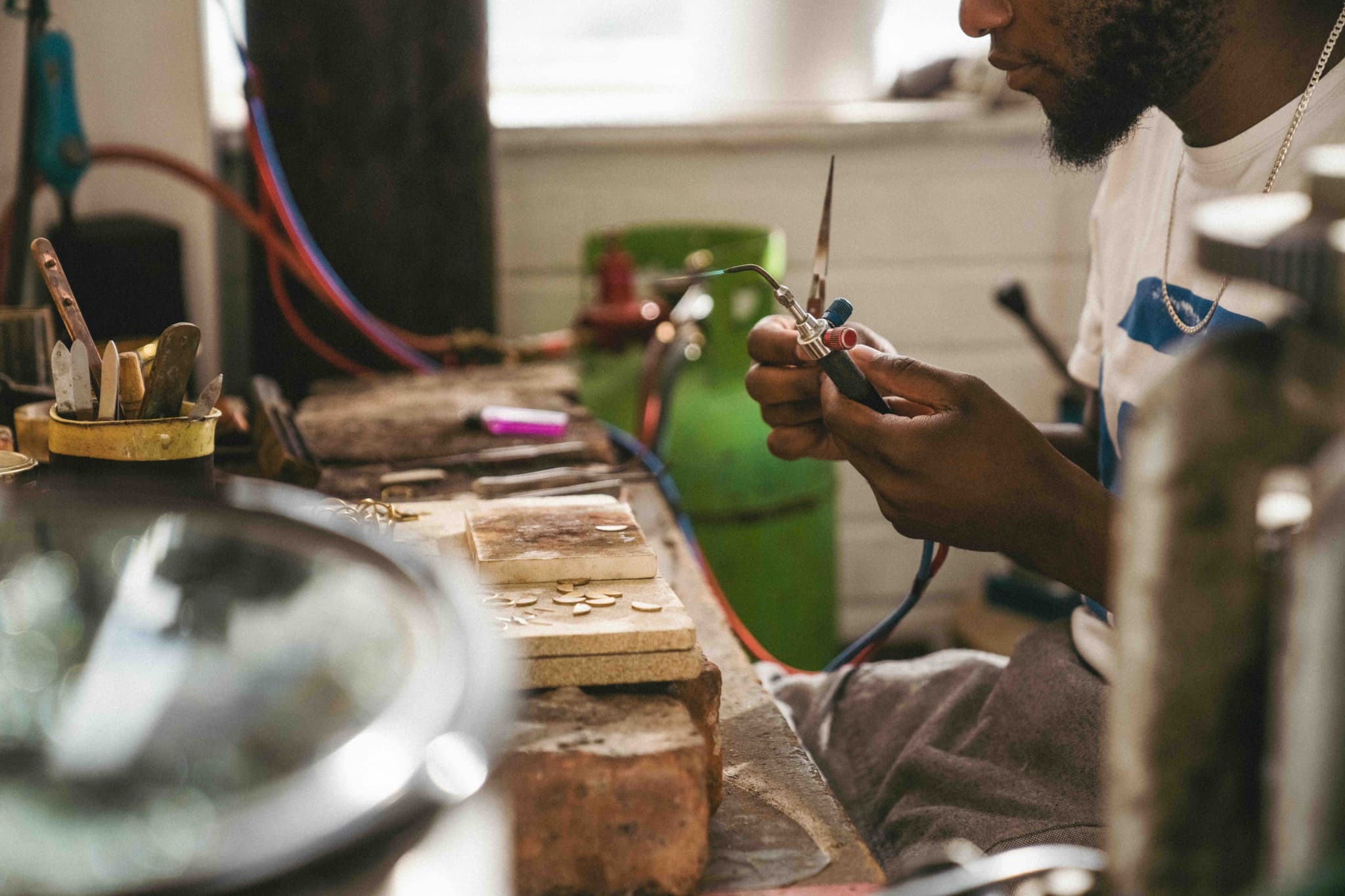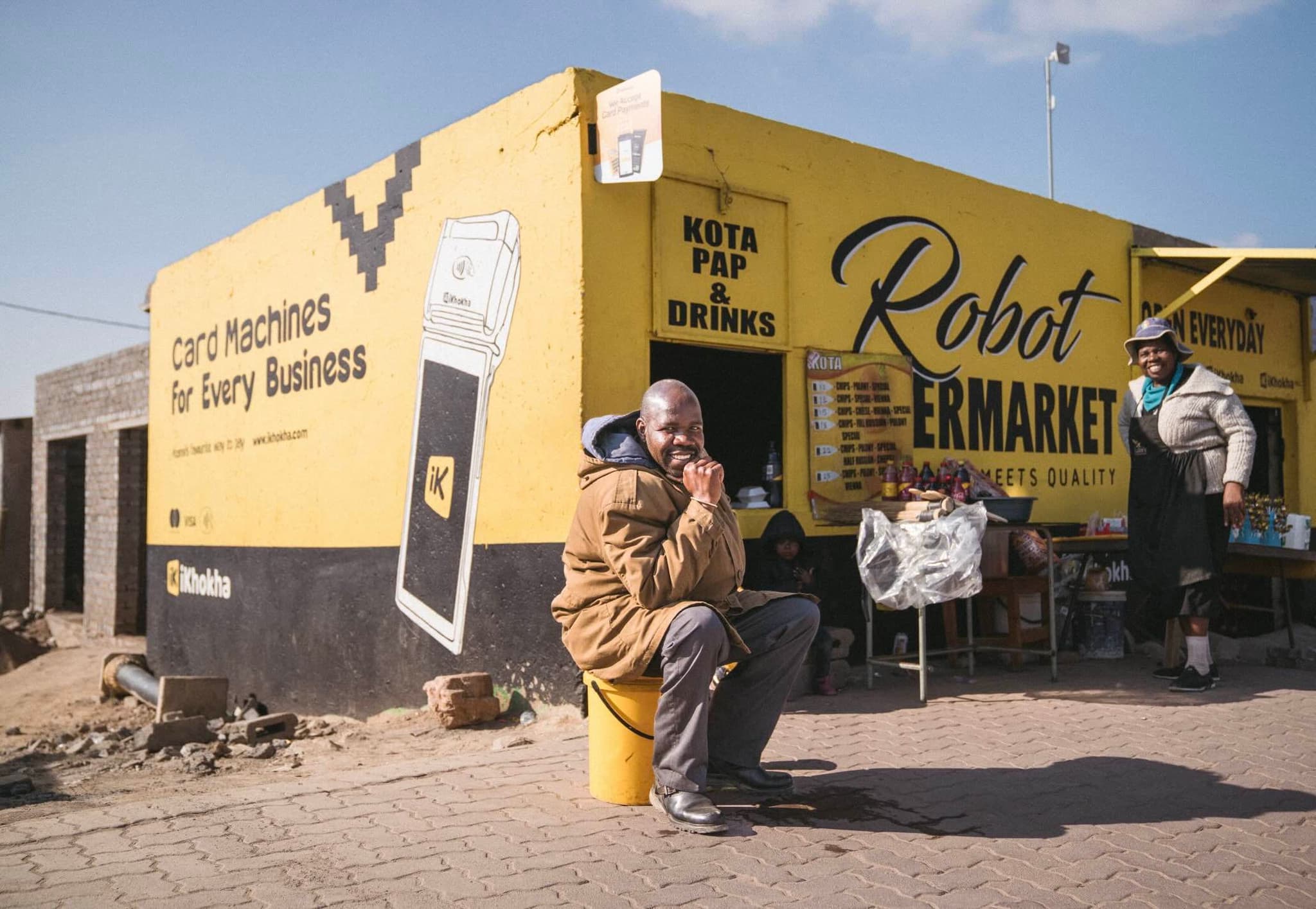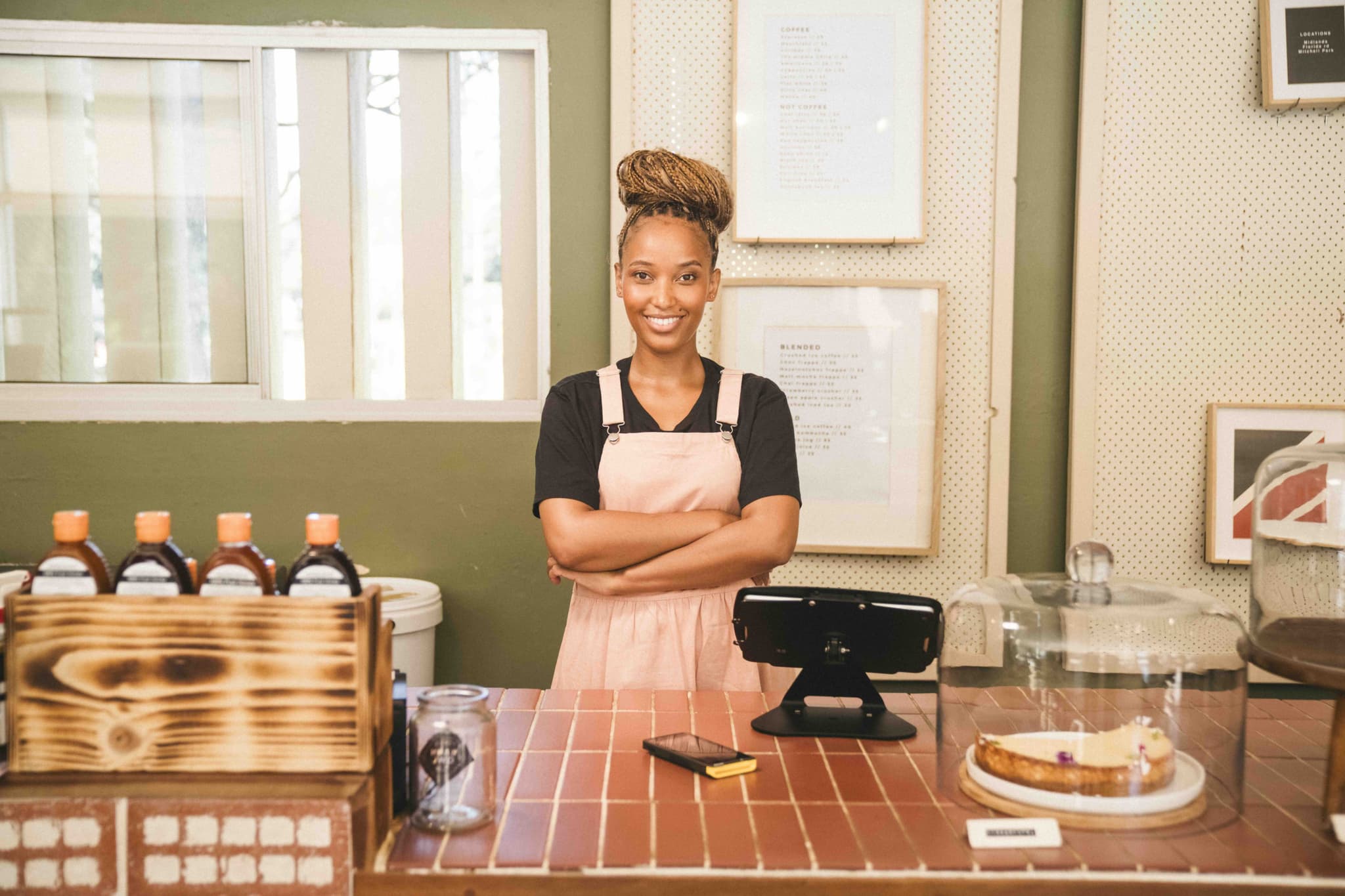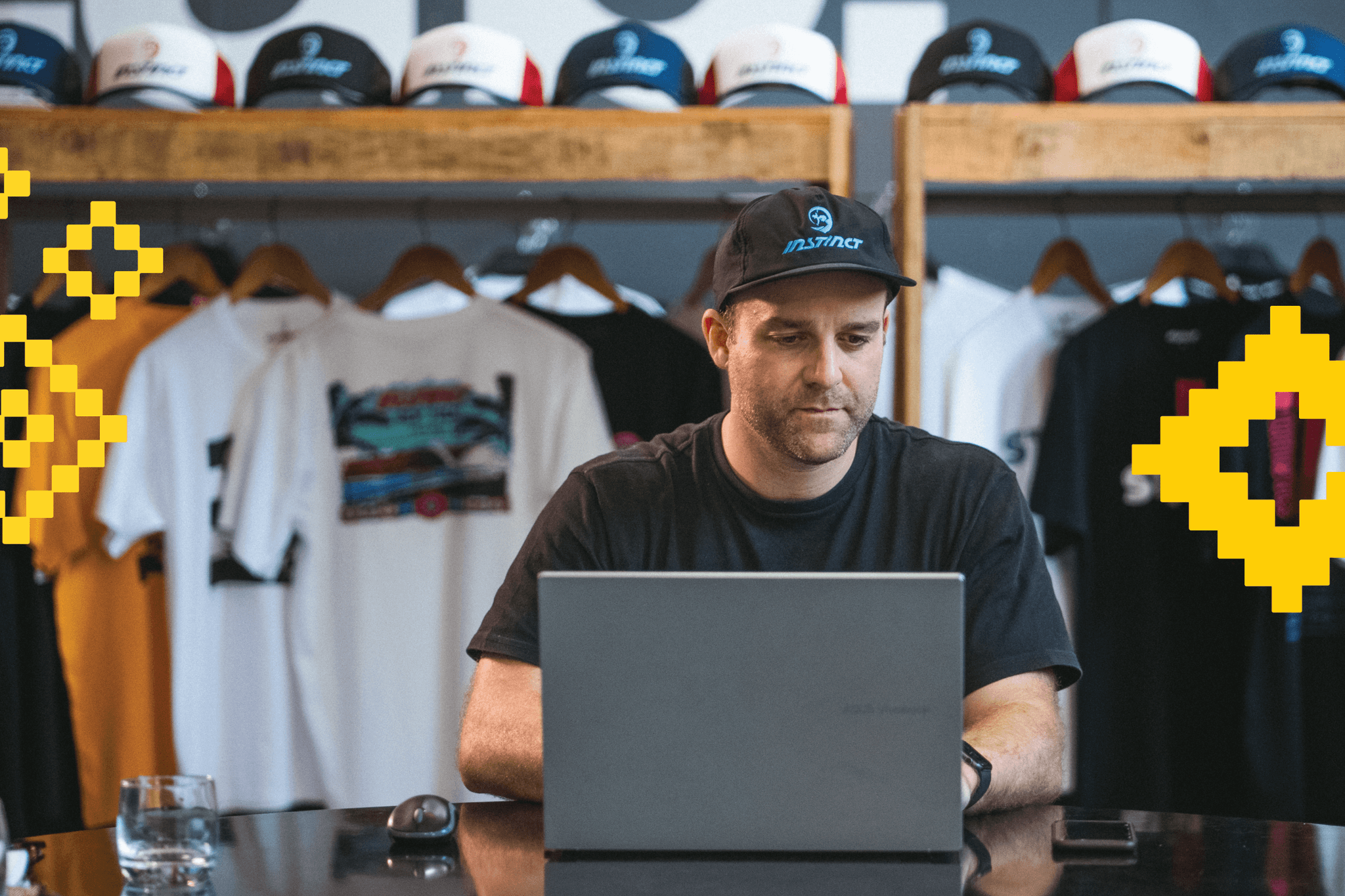
Loadshedding Survival Tips: How to Run a Small Business in the Dark
Struggling to keep your small business torch burning thanks to loadshedding? Here are some practical tips to help you survive those dark days!
Does it seem like all you’re doing these days is buying copious amounts of mobile data and making sure you have batteries for your torches? Well, that can only mean one thing: loadshedding is back! While we tend to associate loadshedding with doom and gloom, it’s becoming one of those things that we’ve just got to deal with because, unfortunately, it doesn’t seem like we’re going to escape the darkness anytime soon.
Did you know that research from Alexander Forbes suggests that South Africa loses over R4 billion every day the country is under Stage 6? The impact of loadshedding stretches far beyond the frustration of having to remember to charge your devices and has now put businesses, and subsequently, livelihoods at risk.
Loadshedding is a nasty thorn in our economy’s side, but with a couple of smart moves and precautions, you as a small business owner have the power to avoid the challenges that come with it.
Let’s first take a look at how loadshedding inconveniences businesses, so you know what to prepare yourself for.
How does loadshedding impact small businesses?
At face value, we often see loadshedding as just an irritation, but it can very easily leave your business with a drastic drop in monthly income, foot traffic and overall performance. The best thing you can do is prepare yourself. You can do that by knowing what to look out for.
- Loss of production: If you rely heavily on electricity to run your business’s machinery and equipment, you’re in for a bout of minimal productivity when loadshedding strikes. Without functioning equipment (thanks to a lack of electricity or an unstable internet connection), you won’t be able to manufacture products, provide services or transact digitally.
- Loss of income: During loadshedding, consumers tend to postpone their shopping to avoid challenges like dark stores where you can’t find what you’re looking for and stores that aren’t able to accept digital payments. The drop in foot traffic that results is what drops your sales and dents your overall income.
- Theft and burglary: The most opportune time for theft and burglary is when the lights are out. Alarm systems are disarmed, it’s easy for thieves to hide in the shadows and your business premises is an easy target.
- Poor connectivity: This one’s for online business owners whose “shops” are basically hosted via the internet. Almost every aspect of online business requires a device and an internet connection to run smoothly. Without it, how would you fulfil orders or communicate with customers?
Now that you know about the nasty effects of loadshedding, let’s see how you can be proactive and protect your small business!
Keen to learn more about how to protect your small business operations beyond the physical realm? Read this to find out how to prevent cyberattacks.
How to run a small business with loadshedding
It’s no use knowing about all the things that can go wrong when loadshedding hits, with no idea about how to avoid the risk, or at least minimise the damage. We know how protective small business owners are over the source of your bread and butter, so here are some practical measures you can put in place to keep the loadshedding woes at bay.
- Make it your duty to stay informed at all times. You should always know what stage of loadshedding your area is in and what time you’ll be affected. The last thing you need is to be surprised (and left in the dark, scrambling for a torch!).
- Look for alternative energy solutions. It’s becoming increasingly popular for businesses to invest in UPSs (uninterrupted power supply), generators and solar power systems so that they’re not affected by loadshedding. While this can be quite a costly investment, many believe that the benefits far outweigh the cost.
- Back up your data. When loadshedding kicks in and you lose connectivity or your device switches off, it’s easy to find yourself in a situation where you lose the document you were working on or unsaved records just disappear into thin air. Save yourself the stress of having to go through that and make it a regular practice to back up your data so that loadshedding doesn’t pull a fast one on you!
- Unplug your equipment from wall sockets. Once the dreaded dark hours are over, and the electricity has returned, the power surge impacts the steady voltage flow in the electrical system, which can damage the electronic components of the equipment that’s plugged in.
- Plan ahead to maintain productivity. Try your best to plan your day around loadshedding. Allocate those couple of hours of loadshedding to tasks you can complete without electricity. Maybe a good spring cleaning? Or perhaps some organising? How about dedicating the time to some upskilling? Flip the switch and make the most out of loadshedding to end the day feeling like you managed to get a lot done despite the challenges.
Running your own business can be quite stressful, to say the least. Check this out if entrepreneurship has been leaving you fearing for the worst and you need some help navigating the business blues.
Ready to power through the darkness?
Sometimes you just can’t control what happens to you (or your business), but what you do have control over is how you deal with challenging circumstances. Loadshedding is indeed a major threat to small businesses, but if you’re proactive and determined to succeed, not even loadshedding can stand in your way.
All the best beating the blackouts, folks. We’re rooting for you!









